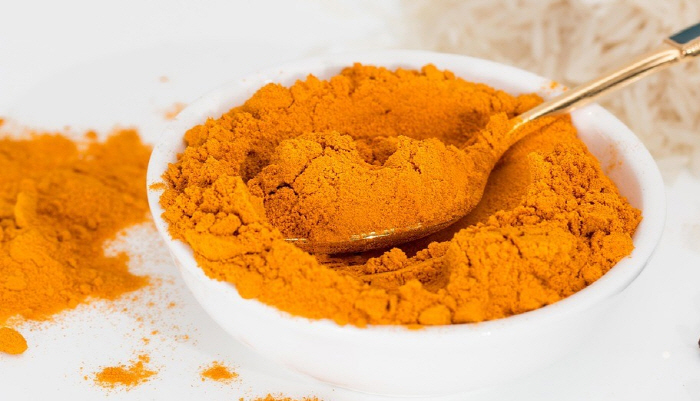Curcumin in Curcumin in Curry Contains Colorectal Cancer...How much curry do I have to eat?
|
Curcumin, a component that produces turmeric's orange pigment, has long attracted attention as a superfood with anticancer effects.
Researchers at the University of Leicester in the UK recently published a study showing that curcumin can prevent the growth and spread of early cancer cells in the large intestine in the international renowned journal of cancer research 'Cancer Letters'.
Studies have shown that curcumin plays a role in inhibiting the proliferation of abnormal cells and weakening the function of cancer stem cells before forming tumors.
The researchers conducted an experiment in the laboratory by applying a high concentration of curcumin to human intestinal tissue.
Similar results were also found in mouse experiments. Curcumin was administered to mice infected with cancer cells, which slowed tumor growth and prolonged survival.
The researchers evaluated that curcumin may be used as part of colon cancer prevention therapy. In particular, it was argued that it could be an effective preventive measure for high-risk groups.
But there is a caveat. The amount of curcumin used in the present study exceeds the level available in the normal diet.
The amount of curcumin used in the experiment ranged from 1.5 to 2 g per day, which, when converted to turmeric powder, required 40 to 100 g per day. This is equivalent to about 28 to 66 servings in terms of general curry.
Most studies use concentrated curcumin supplements because they are practically difficult to consume as a meal.
The research team said "Curcumin has ideal properties as a preventive treatment because of its low toxicity and low cost." he said.
However, some research institutes emphasized that "Although there are studies showing that curcumin is effective in killing some cancer cells, clear clinical evidence in humans is insufficient to date" and that larger-scale research is needed".
This article was translated by Naver AI translator.




